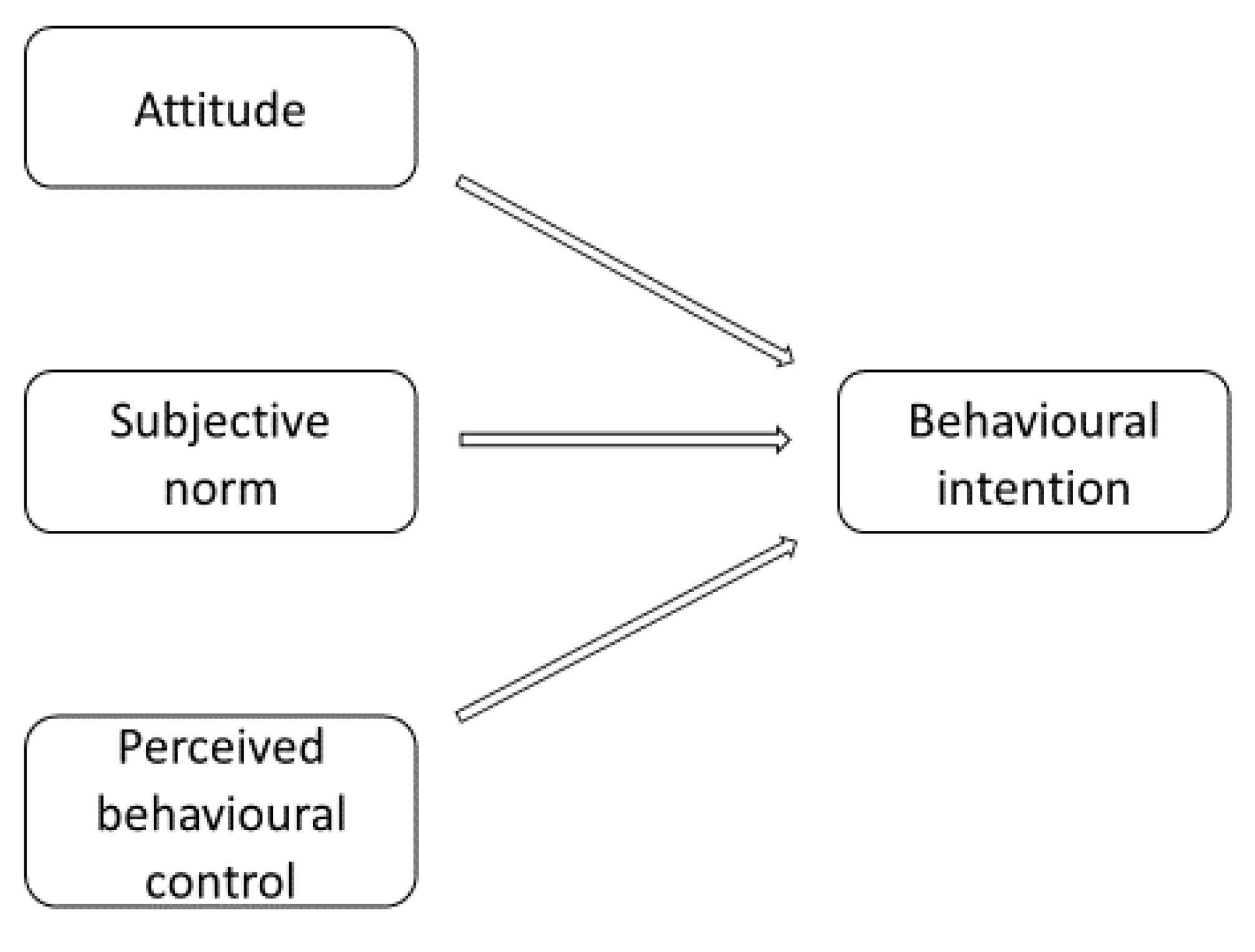Theory Of Planned Behaviour Gambling
- Theory Of Planned Behaviour Gambling Definition
- Theory Of Planned Behaviour Gambling Addiction
- Theory Of Planned Behaviour Gambling Strategies
Understanding use of consumer protection tools among Internet gambling customers: Utility of the Theory of Planned Behavior and Theory of Reasoned Action. Addictive Behaviors. Strategies to Customize Responsible Gambling Messages: A review and focus group study. BMC Public Health. The theory of planned behaviour (TPB) and the concept of negative anticipated emotions (NAEs) have attracted research attention in the formulation of effective preventive interventions.
- Group(s):Addiction Key Terms
Share:
Share by emailLearning theory explains gambling in terms of operant conditioning: gambling behaviour is reinforced and this increases the likelihood that the behaviour will be repeated. Griffiths (2009) argues that some types of gambling, such as slot machines, may become addictive because, as well as financial rewards, there are physiological rewards (the adrenaline and dopamine ‘buzz’ of winning’), psychological rewards (excitement) and social rewards (praise from peers). Many gamblers talk about having a large win or winning streak early in their gambling career and Aasvad (2013) found that they continue to gamble in order to repeat these early experiences. Gambling is reinforced on a partial schedule (not every time), which makes it resistant to extinction. Gambling machines pay out on a variable reinforcement schedule, which is a type of partial reinforcement where only a proportion of responses are reinforced and there is no fixed pattern; this lack of predictability keeps people gambling.
- The Theory of Planned Behavior upholds the key assumptions contained in the Theory of Reasoned Action, with certain modifications of its own. Deriving from the suppositions in TRA, the intentions of the individual largely reflects his personal attitudes, or their perception on the extent of favorability of an act.
- The Theory of Planned Behavior (TPB) of Icek Ajzen (1988, 1991) helps to understand how we can change the behavior of people. The TPB is a theory which predicts deliberate behavior, because behavior can be deliberative and planned. TPB is the successor of the similar Theory of Reasoned Action of Ajzen and Fishbein (1975, 1980).
Unit & Topic Assessments
Short exam-style and exam-standard assessment papers (with mark schemes) to help test specific units or key topics in the relevant specification.

Addiction: Topic Assessments for AQA A-Level Psychology
- SKU: 03-4125-11030-01
Instant Download
School network license
- £15.00
Addiction: Topic Assessments for AQA A-Level Psychology
Theory Of Planned Behaviour Gambling Definition
- SKU: 03-4125-11030-01
Instant Download
- £15.00
Online course
Theory Of Planned Behaviour Gambling Addiction
Catch Up 2021AQA A-Level Psychology - Biopsychology

- 50-60 hours learning time
- 104 videos, downloads and activities
All students preparing to take AQA A-Level Psychology exams in Summer 2021.
AQA A-Level Psychology - BiopsychologyTheory Of Planned Behaviour Gambling Strategies
- Core Topics Revision Flashcards for AQA A Level Psychology
Core Topics Revision Flashcards for AQA A Level Psychology
- SKU: 03-4130-30001-03
Printed Edition
Student personal license
- £7.95(+VAT)
Core Topics Revision Flashcards for AQA A Level Psychology
- SKU: 03-4130-30001-03
Printed Edition
- £7.95(+VAT)
- Memory: Exam Buster Revision Guide for AQA A Level Psychology
Memory: Exam Buster Revision Guide for AQA A Level Psychology
- SKU: 03-4130-30098-03
Printed Edition
Student personal license
- £5.95
Memory: Exam Buster Revision Guide for AQA A Level Psychology
- SKU: 03-4130-30098-03
Printed Edition
- £5.95